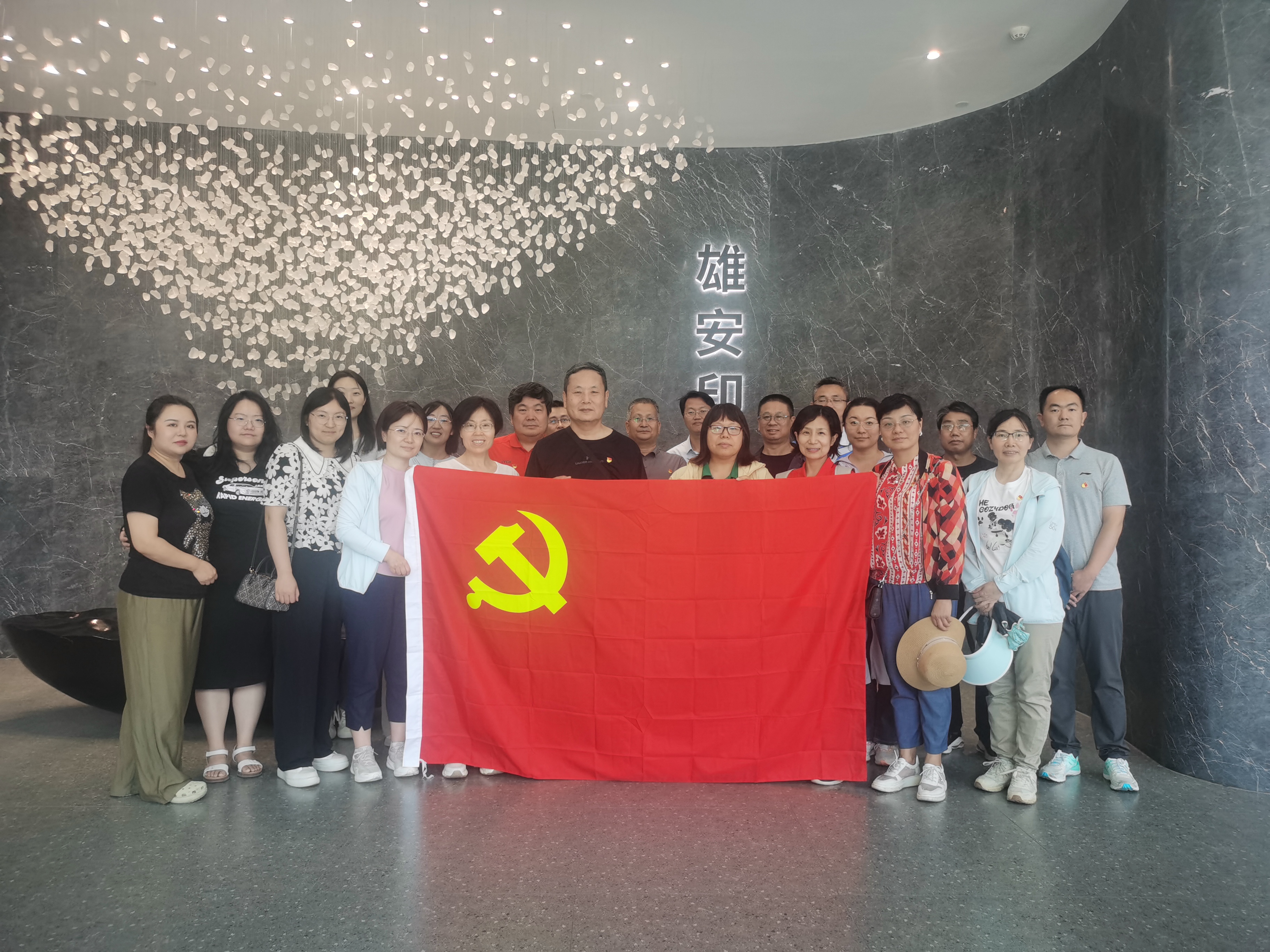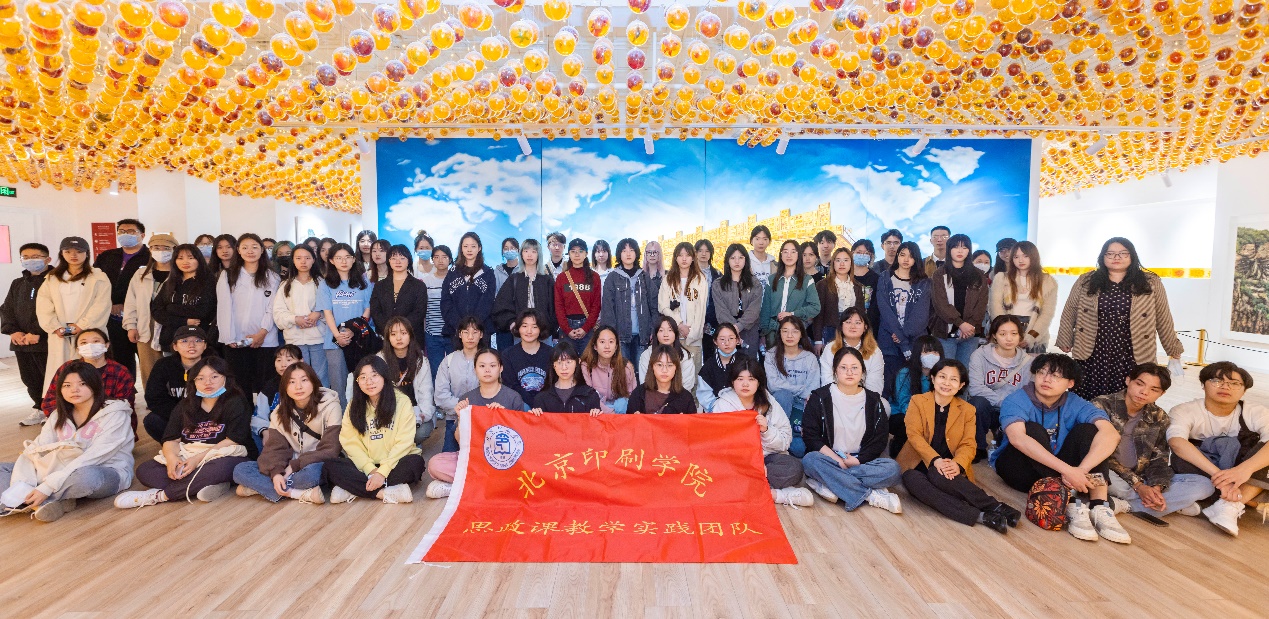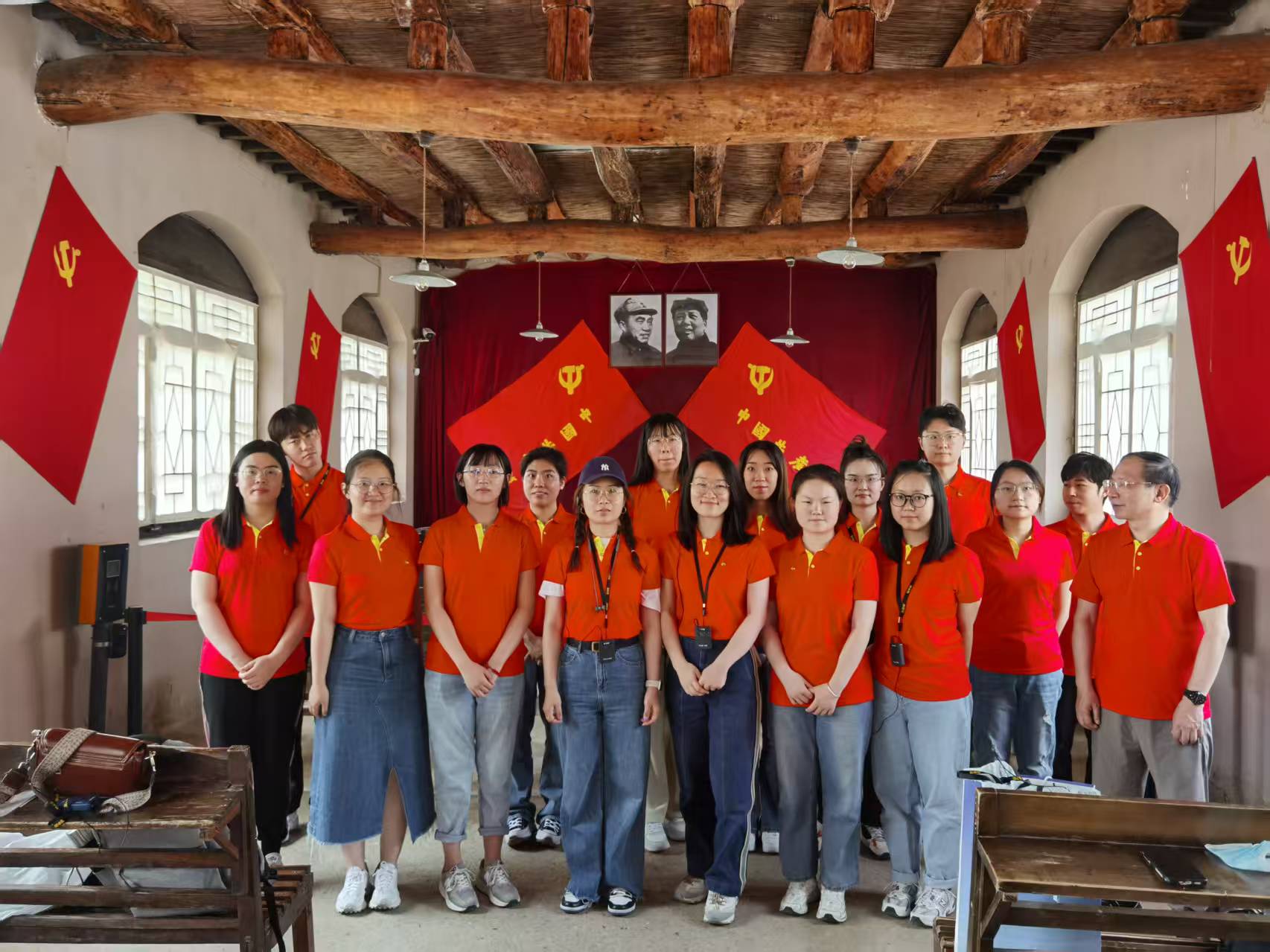
The School of Marxism traces its origins to the Teaching and Research Office of Marxism-Leninism, which was formally established in May 1985 as a department-level teaching unit. In April 1988, the Department of Social Sciences was established based on the original office. In December 2016, Beijing Institute of Graphic Communication decided to establish the School of Marxism on the foundation of the Department of Social Sciences. In 2018, the School was granted authorization to offer a master’s degree in the first-level discipline of Marxist Theory, with three academic concentrations: Basic Principles of Marxism, Studies on the Sinicization of Marxism, and Ideological and Political Education. The program began enrolling students in 2019.

As of December 2024, the School has 24 full-time faculty members teaching ideological and political theory courses, including 5 professors, 10 associate professors, and 9 lecturers. Among them, 16 hold doctoral degrees and 8 hold master’s degrees. The School currently has 34 master’s students.

The School of Marxism consists of six teaching and research offices: the Teaching and Research Office for Introduction to Mao Zedong Thought and the Theoretical System of Socialism with Chinese Characteristics, the Teaching and Research Office for Introduction to Xi Jinping Thought on Socialism with Chinese Characteristics for a New Era, the Teaching and Research Office for Basic Principles of Marxism, the Teaching and Research Office for Ideology, Morality and the Rule of Law, the Teaching and Research Office for Outline of Modern and Contemporary Chinese History, and the Teaching and Research Office for Current Affairs and Policies; as well as four research institutions: the Research Center for Marxist Publishing Theory, the Copyright Research Center of the China Copyright Association, the Red Publishing Research Center, and the Classics and Cultural Heritage Research Center.

The School of Marxism actively serves society by adhering to a strategy of precise alignment and long-term collaboration. It identifies the core needs of ideological and political theory courses, curriculum-based ideological and political education, and extracurricular practice with respect to off-campus resources for red-themed publishing education. The School has established a demand list and built a comprehensive data platform to foster a coordinated framework that links on-campus education with off-campus resources. It participated in the preparation of the Special Exhibition on Publishing in Commemoration of the 100th Anniversary of the Founding of the Communist Party of China organized by the Publicity Department of the CPC Central Committee. It has undertaken key tasks such as the compilation of Selected Classic Texts on the Marxist View of Publishing, a textbook on publishing studies commissioned by the Publicity Department; the writing of Red Publishing in Beijing, part of the Beijing Red Culture Series; and the delivery of themed lectures as part of the Daxing District “20th CPC National Congress Spirit Publicity Team.” These initiatives have earned formal commendations from relevant authorities and significantly enhanced the academic influence of the discipline.


